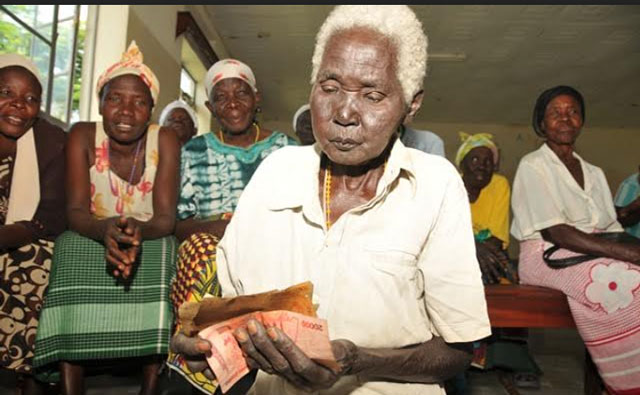
Kampala, Uganda | THE INDEPENDENT | Since Uganda approved the National Social Protection Policy in 2015, progressive growth has been witnessed in social protection services by the government, but vulnerability and inequalities remain a concern, according to Antonio Querido, FAO representative in Uganda.
Querido, who spoke during a 2-day workshop on ‘Improving Impact in the Resilience and Social Protection Agenda in Uganda,’ quoting the Uganda National Household Survey 2019/2020 on June.01, said 20.3% of the population were living in poverty and 39% still relying on the subsistence economy, making the working for social protection even more urgent.
“The situation is further exacerbated by inadequate access to social assistance and social insurance schemes to provide the desired public safety net services,” he said.
He said funding for social protection has been sub-optimal in Uganda, with less than 1% of the budget allocated for social protection services. Social protection services are channeled through the Ministry of Gender, Labour and Social Development and development partners.
He said FAO has been at the forefront in shaping and promotion social protection as a means for protecting livelihoods and reducing inequalities but more work lies ahead.
“There is now considerable work underway to ensure social protection is prominent in our interventions so as to leave no on behind in the global development process,” Querido said in workshop that officials from the Ministry of Gender, Labour and Social Development, a key ministry mandated to deal with issues social protection were absent amidst extending the invitation.
“…social protection is a human rights issues that calls for dignity. It is therefore key for the realization the right to adequate food.”
He said FAO has already established a Right to Food Unit at the headquarters in Rome, Italy, to ensure that this rights and the related commitments are supported at the highest level possible.
“Going forward, we should all work towards utilizing existing opportunities to implement the social protection agenda as a game changer for food systems transformation,” he said, adding that FAO is committed to scale up its work with other partners in advancing social protection for sustainable development in Uganda in the framework geared towards the 4 Betters: Better Production, Better Nutrition, Better Environment and Better Life while leaving no one behind.
This comes as social protection worldwide is now recognised as a crucial component of national development strategies and processes for achieving inclusive and equitable growth by narrowing the poverty and vulnerability gap.
Currently, Uganda government runs various social protection programmes including the Senior Citizens Grant under the Social Assistance Grants for Empowerment (SAGE), Third Northern Uganda Social Action Fund (NUSAF3), Development Response to Displacement Impact Project (DRDIP) Public Service Pension Scheme and the National Social Security Fund among others.
However, the penetration remains low. Garima Bhalla Social Protection Team at FAO said the direct income support stands at 1% of the population and 4% taking into account of indirect receipts compared to 9% in Kenya. She said whereas social protection coverage stands at 46.9% globally, it is merely 17.4% in Africa.
The workshop that attracted various stakeholders and development partners sought to foster collaborative action for enhanced impact in the social protection and resilience agenda in Uganda.
Specifically, the workshop provided an overview of the social protection context in Uganda, identify partners for collaborative action for social protection and enhance understanding on the application of the Resilience Index Measurement and Analysis (RIMA) Model in Uganda for programming, monitoring and evaluation.
 The Independent Uganda: You get the Truth we Pay the Price
The Independent Uganda: You get the Truth we Pay the Price



